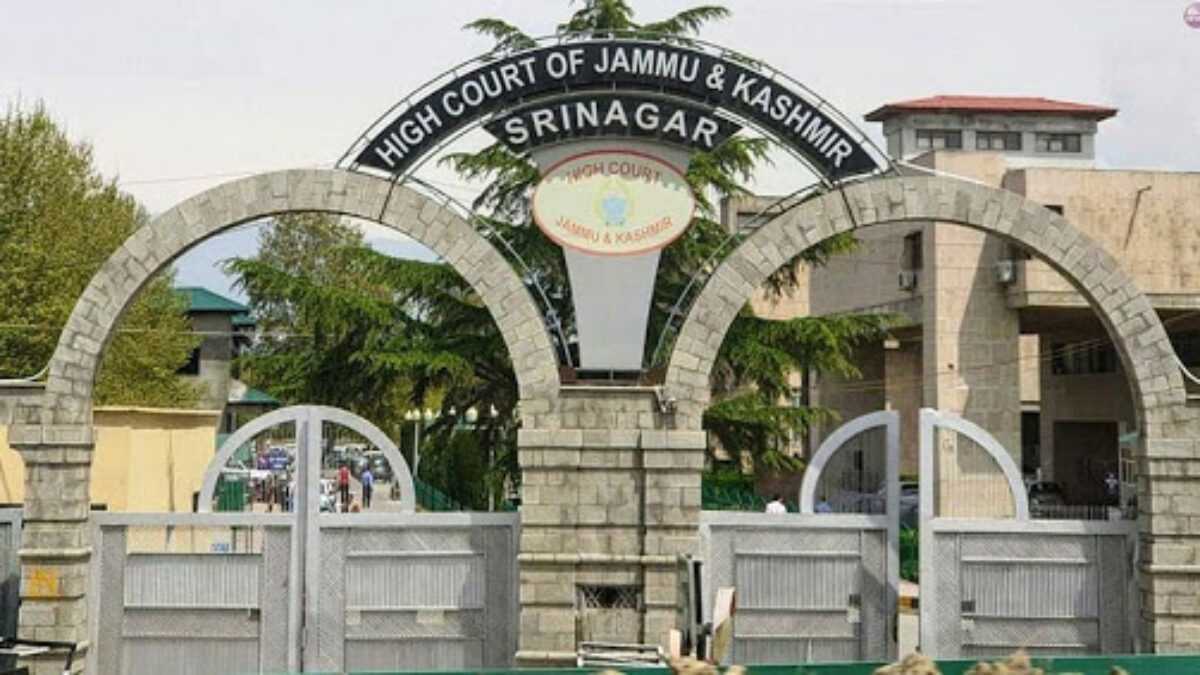Waqf Board Not 'State' Under Article 12, not subject to writ jurisdiction: J&K and Ladakh HC

Court dismissed a batch of petitions filed by traders occupying Waqf properties who challenged the alleged arbitrary increase in rents by the Waqf Board
In a notable judgment, the Jammu & Kashmir and Ladakh High Court, while acknowledging the Waqf Board as a statutory body, clarified that it doesn't fall under the definition of "State" as per Article 12 of the Constitution, hence not subject to writ jurisdiction.
Justice Sanjeev Kumar, presiding over the case, dismissed a batch of petitions filed by traders occupying Waqf properties who challenged the alleged arbitrary increase in rents by the Waqf Board. However, the court ruled that it lacked the authority to intervene in the matter through its writ jurisdiction. The court further explained that writ petitions against the Waqf Board might be permissible if the dispute concerned a "public element" in its functions. However, it considered lease agreements and rent disputes to be of a commercial or contractual nature, lacking a public element.
The case centered on the argument by the petitioner (traders) from Tangmarg District Baramulla, who contended that the recent enhancement of monthly rent by the Waqf Board was arbitrary and lacked rational basis. The petitioners, distressed by what they perceived as an unjust increase, approached the high court seeking relief against the Waqf Board's decision. They contended that the hike was not only unreasonable but also lacked the procedural fairness expected in such matters, affecting their livelihoods and business operations adversely.
On the other hand, the defence, represented by the Waqf Board along with the UT of J&K, challenged the very maintainability of the petitions. The Waqf Board maintained that the High Court lacked jurisdiction in this matter, arguing that the Board, established under the Waqf Act of 1995, does not qualify as a "State" or authority under Article 226 of the Constitution, thus limiting the court's writ jurisdiction. They argued, “The Waqf Board constituted under Section 13 of the Act is undoubtedly a statutory authority. An authority constituted under a statute would not ipso facto come within the ambit of term “State” referable to Article 12 of the Constitution of India. It would not come within the scope of term “State” under Article 12 unless the authority concerned satisfies three tests laid down by the Supreme Court in the case of Pardeep Kumar Biswas i.e. the authority is financially, functionally and administratively controlled by the Government.”
Moreover, it was contended that the board's actions, being commercial in nature, did not entail a public law element necessary for the exercise of the court's writ jurisdiction under Article 226.
After careful consideration, the court ruled that the petitions against the Waqf Board were not maintainable, aligning with the defence's argument that the board's actions fell outside the scope of judicial review under Article 226 due to their commercial nature. It noted, “this Court cannot entertain these petitions and exercise jurisdiction not vested in it.”
However, the court recognised the absence of a specialised mechanism to resolve disputes involving the Waqf Board, highlighting the plight of the petitioners left without a remedy due to the lack of Waqf Tribunals. The court has mandated the formation of one or more Waqf Tribunals, within a period of two months. This decision aligns with the requirements of the Waqf Act, particularly Section 85, which bars other courts from handling such disputes, the court ordered the government to establish the tribunals to address these concerns.
In the interim, until the tribunals are established, the court has ordered a status quo on the matter, providing temporary relief to the petitioners, providing temporary relief to those affected by the rent increases.
Case Title: Traders Association Ziyarat Baba Reshi (RA) Tangmarg v Union Territory of J&K through Commissioner cum Secretary to Govt. Revenue, Hajj & Auqaf Deptt., Civil Secretariat, Srinagar
